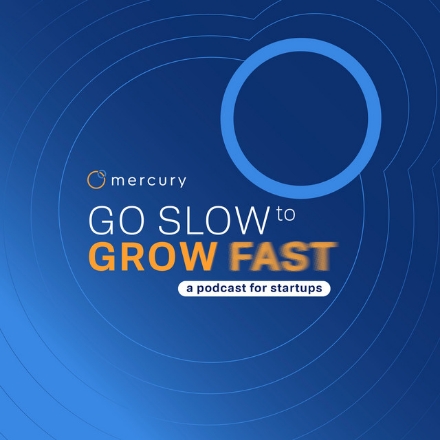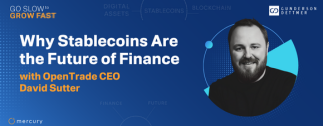Timecoded Guide:
- [00:00] Podcast starts – Raising Capital in a Risky Economy (Part1)
- [00:43] Joining the National Advisory Council on Innovation and Entrepreneurship
- [05:30] Understanding how inflation changes funding
- [10:07] Decreased activity & the impact at each VC stage
- [17:31] How Mercury has changed its investment tune
- [21:23] Building relationships with the right VCs as a founder
What is it like being a member of the National Advisory Council on Innovation and Entrepreneurship?
From doing work with the Obama administration and having connections to Secretary Raimando, Aziz was offered an incredible opportunity to be a part of the National Advisory Council on Innovation and Entrepreneurship (NACIE). In this position, Aziz gets a front-row seat to the massive improvements the US government is making to become more involved in supporting industries and encouraging startups. Even The Ion in Houston has benefitted from these incredible improvements, and Aziz hopes to continue to positively impact this movement.
“The Biden administration has passed a number of landmark pieces of legislation that have the US government playing a very active role in terms of trying to either stand up or reinvigorate industries that America previously led in or is now emerging in.”
How do you navigate the uncertain economic times we’re in now?
Most people are aware of how difficult the recession has been on the struggling American economy, but Aziz explains that another layer to that is the inflation driven bind venture has been put in. Money is more expensive and less accessible at all levels in fundraising. The cost of capital is high, there is an IPO drought, and LPs are no longer opening their pocketbooks. For things to get better, all three of those elements have to improve first.
“We’re now in this cycle. We’re waiting for the economy to loosen up, but at the same time, we still have to play the game that’s on the field in front of us and we have to make sure that the right companies with the right ideas get funded and move forward.”
How is each stage of venture capital impacted by present day economic uncertainty?
Aziz sees impacts of current economic issues reflected in early, middle, and growth stages of venture capital. However, the difference is in where that impact showed up first. For those investing in later stages, repricing happened first, collapsing in Q4 of 2021. On the early stage side, repricing has come much later. Instead, early stage investors have constricted their activity because they have less funds available and are launching at a slower rate.
“In a world in which money is a lot more expensive than it used to be, I have nothing but empathy and a feeling of guilt when I talk to my entrepreneurs about this, but we’ve had to completely change our tune in the coaching and the encouragement we give our founders.”
What would you tell a founder in today’s environment about how to think about building relationships with VCs?
There is a lot of sympathy for founders from Aziz in this tumultuous economy, but Aziz is still certain that building strong relationships with VCs can change the outcome dramatically for founders at any stage. Aziz urges founders to do their research just like a VC would and pattern match with those VCs most aligned to their industry and company size. Additionally, to form strong, trustworthy relationships, Aziz advises to reach out through trusted third parties, like entrepreneurship organizations and networks.
“I think the right way to start those types of conversations and relationships is by asking for advice and reaching out through trusted third parties. There are a number of ways to reach out to [Mercury] and to talk to us and get a feel for if we want to do business with each other.”





